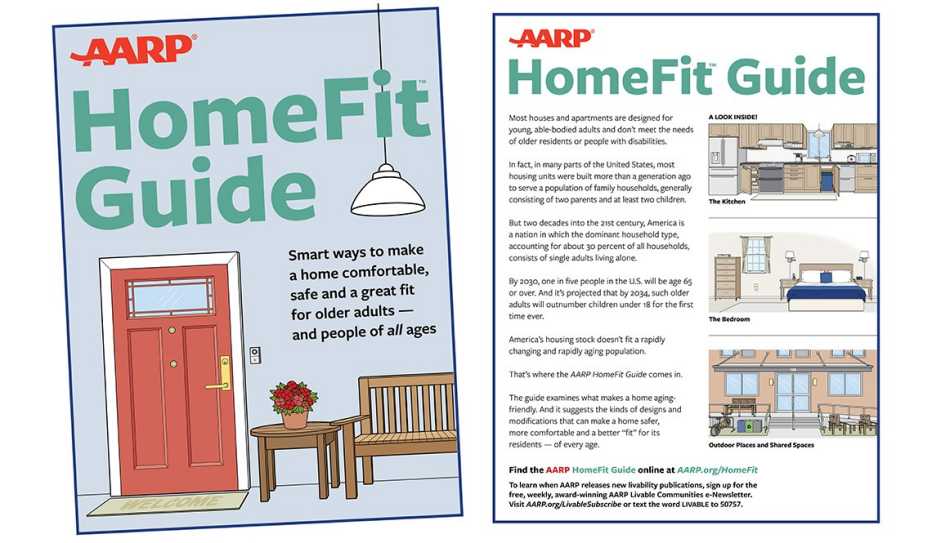AARP Hearing Center
Like the dining room, the living room has become more casual, serving as a family or TV room rather than a rarely used, off-limits space for entertaining guests.
Share this video via YouTube
About Virtual Assistants
Home-based automation systems and products (think Google Home or the Alexa-equipped Amazon Echo smart speakers) are able to provide real-time information and perform home-based tasks with little more than an internet connection and a voice command.
The systems can, among other actions:
- turn a TV on and off
- tune to specific shows
- play music and podcasts
- tell stories and jokes
- lead games
- control lights and appliances
- do online research
- adjust thermostats
- lock and unlock doors
- make shopping lists
- place telephone calls
- provide reminders
But convenience comes with concerns. In order to both meet and anticipate needs, data is collected by the devices, as well as by the internet service providers, internet browsers, and the websites a user visits.
Having at-the-ready information can be helpful to a user, but it can also be worrisome.
When considering or using internet-connected automation systems, it’s important to evaluate the privacy pros and cons.
Tip: If a home’s internet network isn’t password protected, instructions and the settings for adding security can be found on the service provider’s website or by calling its customer service department.
AARP HomeFit Videos


AARP HomeFit Videos


AARP HomeFit Guide






























































